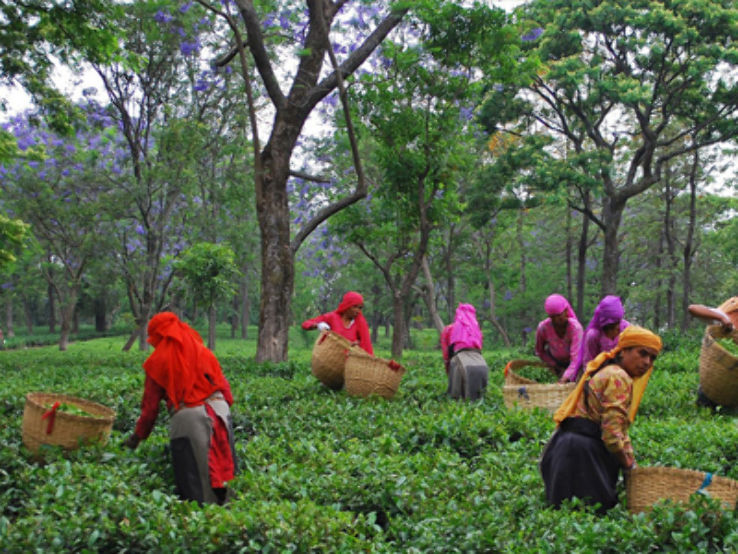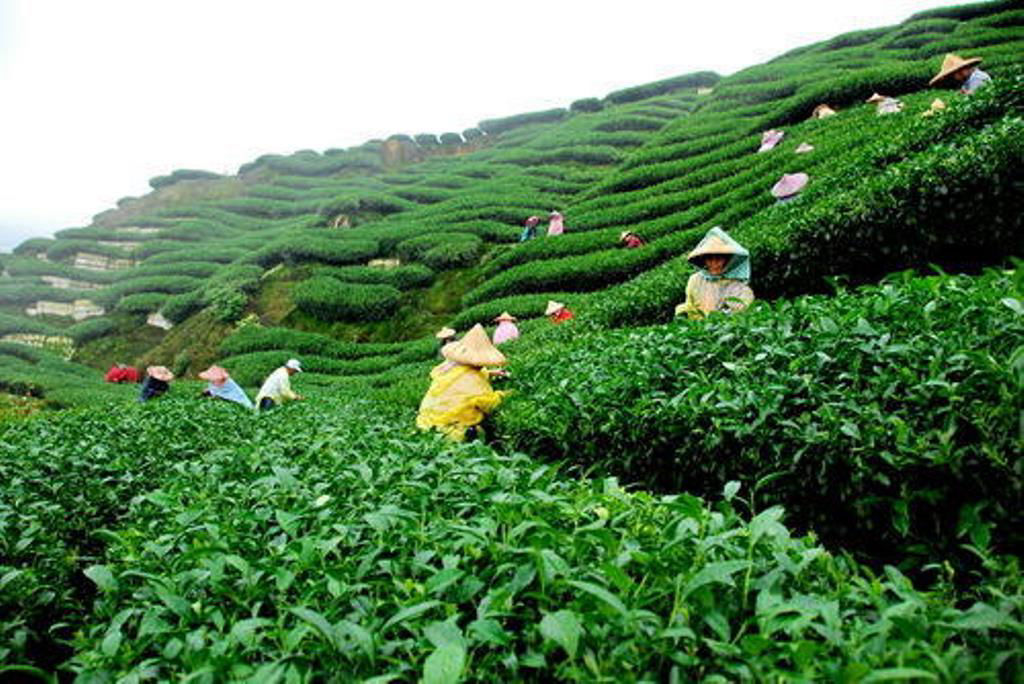Here we have a few different tea estates or gardens that you can explore throughout the state of Himachal Pradesh:
Palampur is a hill station based in the Kangra Valley. Also known as the tea capital of northwest India, it is surrounded by lush tea plantations and pine forests. The climate here is very mild with an abundance of water. Tea plantations here are some of the oldest and one can enjoy a nice drive through the scenic views of these fields and enjoy a warm cup in the cafes and tea shops present throughout the region. And if you want to learn more about these teas being grown, you can head on to the HP co-operative tea factory and learn about the tea estates, history of tea, and purchase the many types of tea grown and processed there.
Dharamshala, a picturesque hill station located in the upper region of the Kangra Valley is known for being His Holiness Dalai Lama’s residence and the beautiful tea plantations. It is also the second capital of Himachal Pradesh and a visit to this town is best in the early summers. Dharamshala is located at an altitude of 4780 feet and a nice view of the Dhauladhar Mountains can be seen. Though it is one of the smallest tea plantations in the country, it still produces high-quality tea. One can walk through the fields, talk about the tea growing process to the workers, and of course, enjoy cups of tea. Darang tea estate in this region is quite popular amongst the tourists. Here you can stay in tiny cottages looking over the estate and also fish by the riverside. Historical tours of the Kangra valley are also held.
So, the next time you visit the heavenly land of Himachal Pradesh, make sure to stroll through these green tea plantations and take a slice of the life here, back home.


